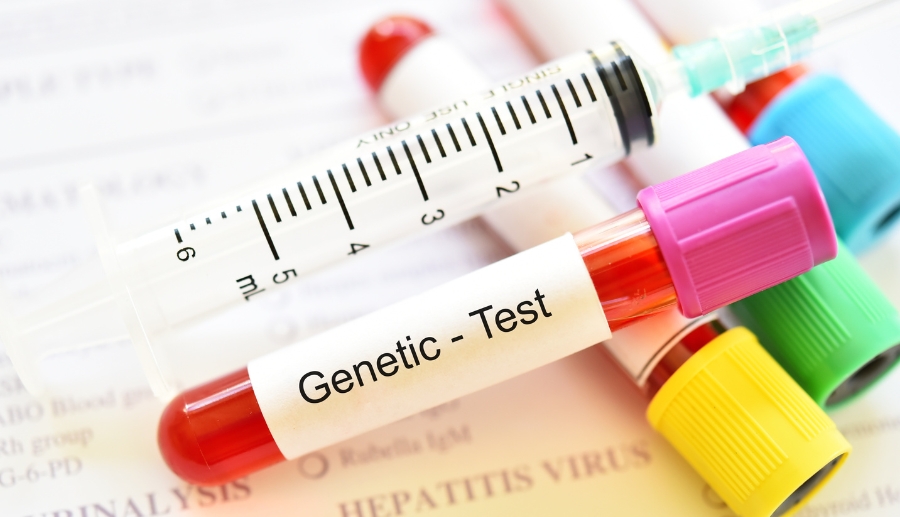How Genetic Testing Prevents Lifestyle Diseases in Indian Populations
In recent years, the integration of genetic testing into healthcare has marked a revolutionary step in understanding and managing lifestyle diseases, which remain a growing concern in Indian populations. Lifestyle diseases such as diabetes, cardiovascular conditions, and obesity are influenced by a combination of genetic predispositions and environmental factors like diet, physical activity, and smoking. Today, genetic testing prevents lifestyle diseases by offering a nuanced and individualized approach to prevention and management, tailored to each person’s genetic makeup. This enhances the effectiveness of health interventions, particularly within the unique needs of the Indian demographic.
Genetic Testing and the Indian Health Landscape
The Indian health landscape faces a distinct challenge with the rising burden of lifestyle diseases. In this context, genetic testing prevents lifestyle diseases by serving as a powerful tool for early detection and risk assessment. By analyzing an individual’s DNA, these tests can identify mutations and gene variants that increase susceptibility to a wide range of non-communicable diseases. For example, specific genetic variants related to fat metabolism and insulin response—found more commonly in the Indian genome—contribute significantly to the country’s higher rates of diabetes and cardiovascular disease.
India’s genetic diversity across its many ethnic groups further emphasizes the need for individualized healthcare. Genetic testing prevents lifestyle diseases by enabling risk stratification based on each person’s genetic profile. This allows healthcare professionals to recommend more precise lifestyle modifications and medical interventions.
Integrating genetic testing into routine health assessments offers broader benefits for public health. By identifying individuals who are at high risk of developing lifestyle diseases, preventive steps—like dietary changes, exercise programs, and regular health monitoring—can be implemented early. This reduces long-term strain on the healthcare system. Furthermore, as individuals become more informed about their genetic risks, they are empowered to make healthier lifestyle choices, reinforcing a culture of proactive health management.
Preventing Lifestyle Diseases Through Genetics
Genetic testing prevents lifestyle diseases by identifying the specific genetic factors that contribute to conditions such as obesity, heart disease, and diabetes. Our genes influence how we metabolize fats and carbohydrates, regulate appetite, and respond to physical activity. When individuals know they carry certain genetic markers associated with these diseases, they can adopt customized preventive strategies—such as personalized diet plans, exercise routines, and behavioral changes—to reduce their risk.
This personalized information empowers individuals to take charge of their health. For instance, someone with a genetic predisposition to type 2 diabetes can focus on maintaining a healthy weight, engaging in regular physical activity, and following a low-sugar, high-fiber diet. Genetic testing prevents lifestyle diseases by enabling such early, proactive decisions. Healthcare professionals can also use this data to design focused intervention programs for high-risk individuals, thereby delaying or even preventing the onset of disease.
With rising awareness and improving accessibility, more Indians are recognizing the value of genetic testing in preventive care. As more people understand how genetic testing prevents lifestyle diseases, a cultural shift is underway—from reactive treatment to preventive action. This change not only helps in reducing the prevalence of such diseases but also fosters a more informed, health-conscious society.
The potential of genetic testing in preventing lifestyle diseases across Indian populations is immense. By offering deep insights into individual genetic risks and enabling personalized preventive care strategies, genetic testing prevents lifestyle diseases before they develop. This proactive, preventive model not only supports more efficient healthcare delivery but also aligns with global trends toward sustainable, future-ready healthcare. To take the first step toward preventive care, explore our Truventiv Membership Plans and unlock access to expert-guided genetic testing and wellness support.






